Economy
Honey prices continue to fall, migrant beekeepers in Nghe An struggle to overcome difficulties
For nearly 3 years now, the price of honey has dropped dramatically, each kilogram of honey is only worth 1/2 kilogram of sugarcane, beekeepers have migrated, and the scale of farms in Nghe An is in trouble.
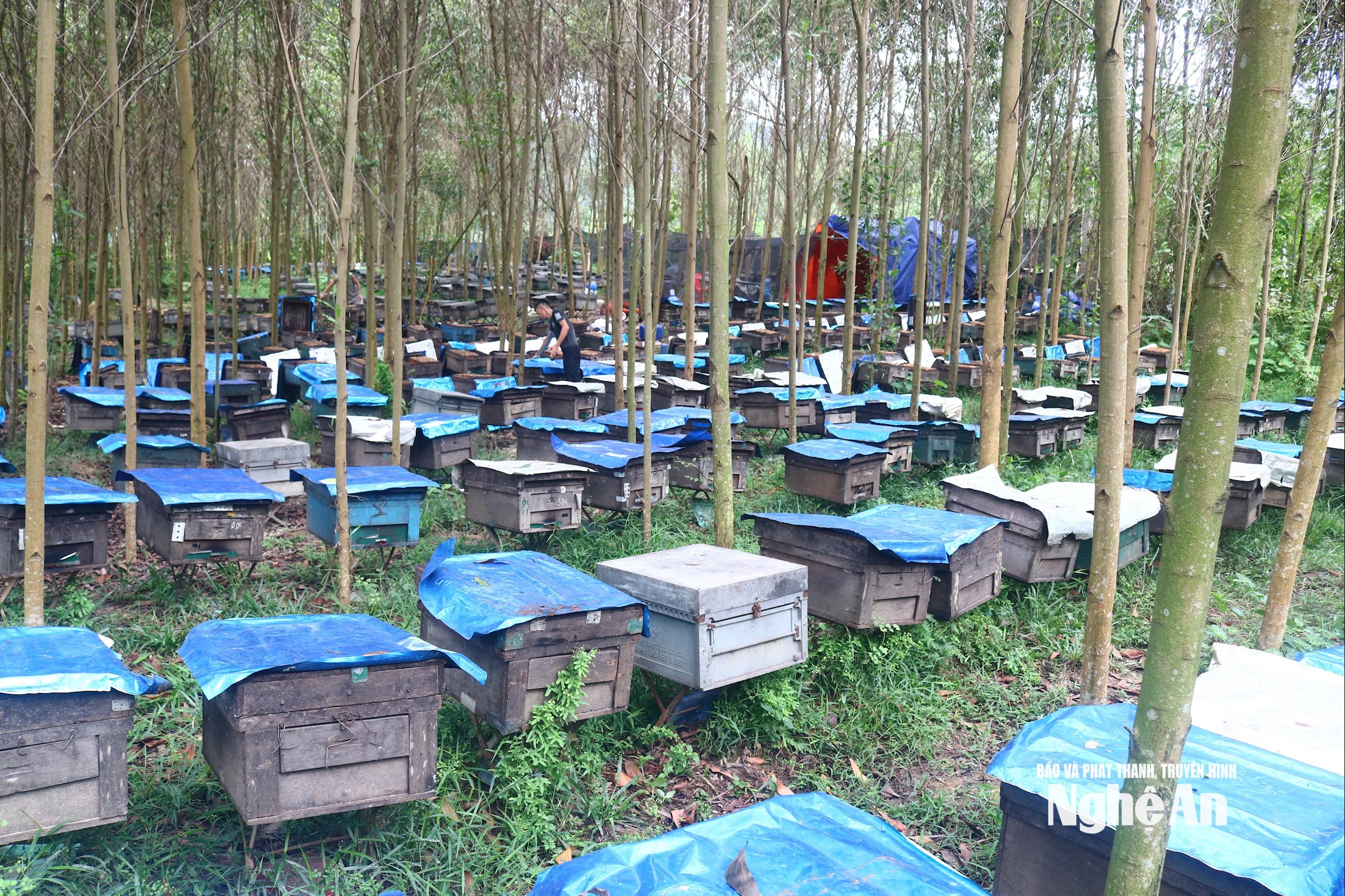
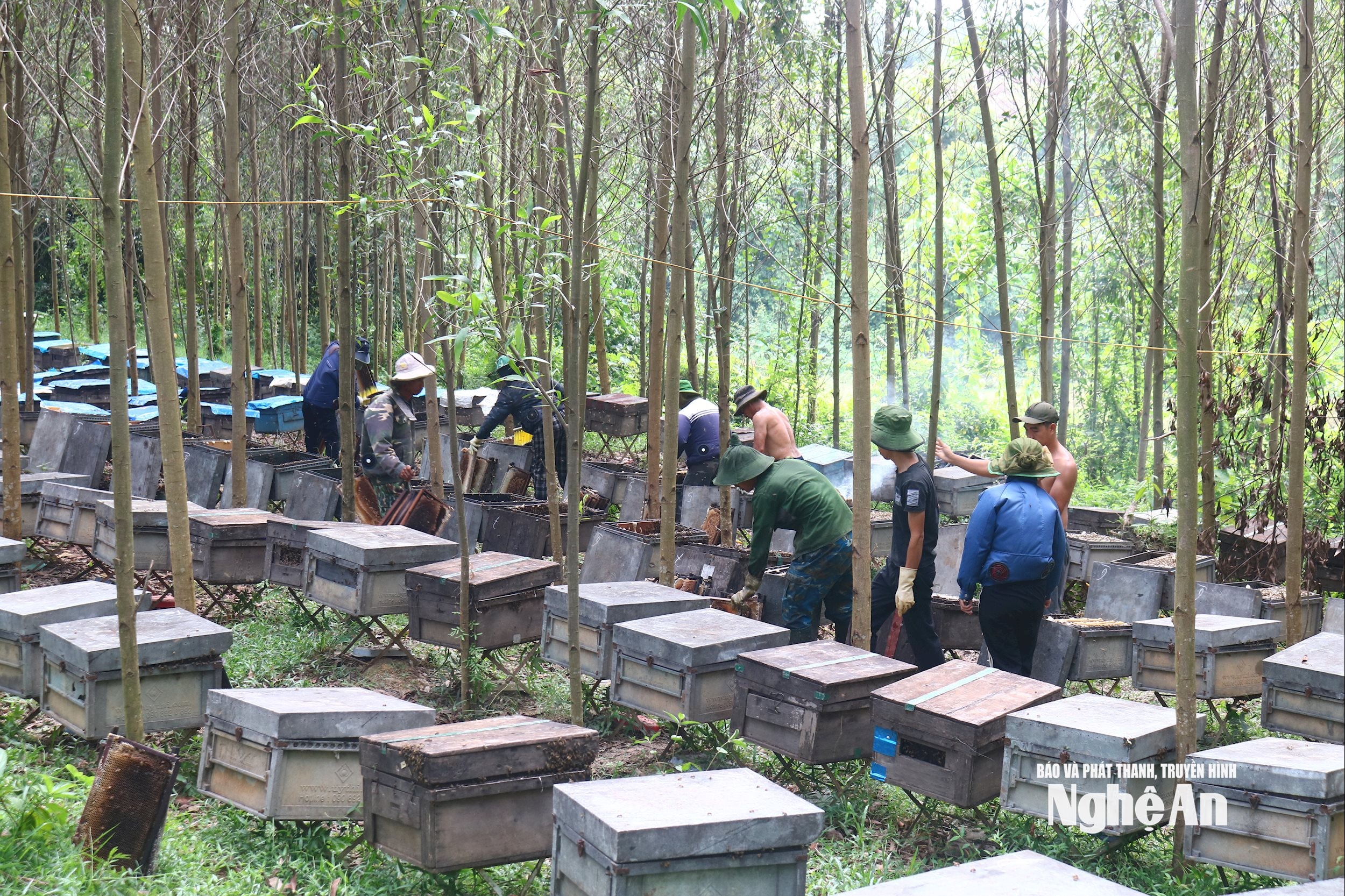
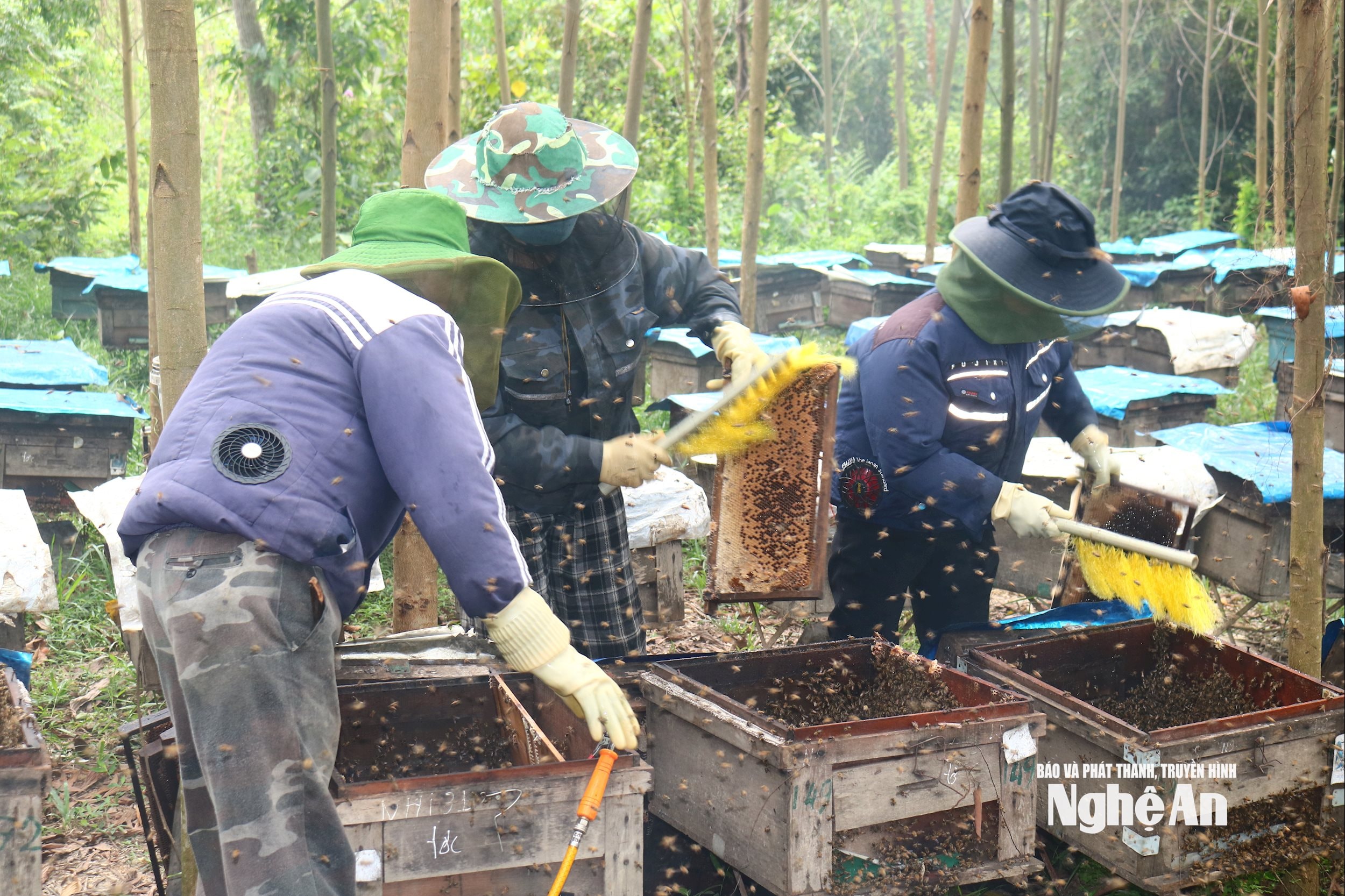
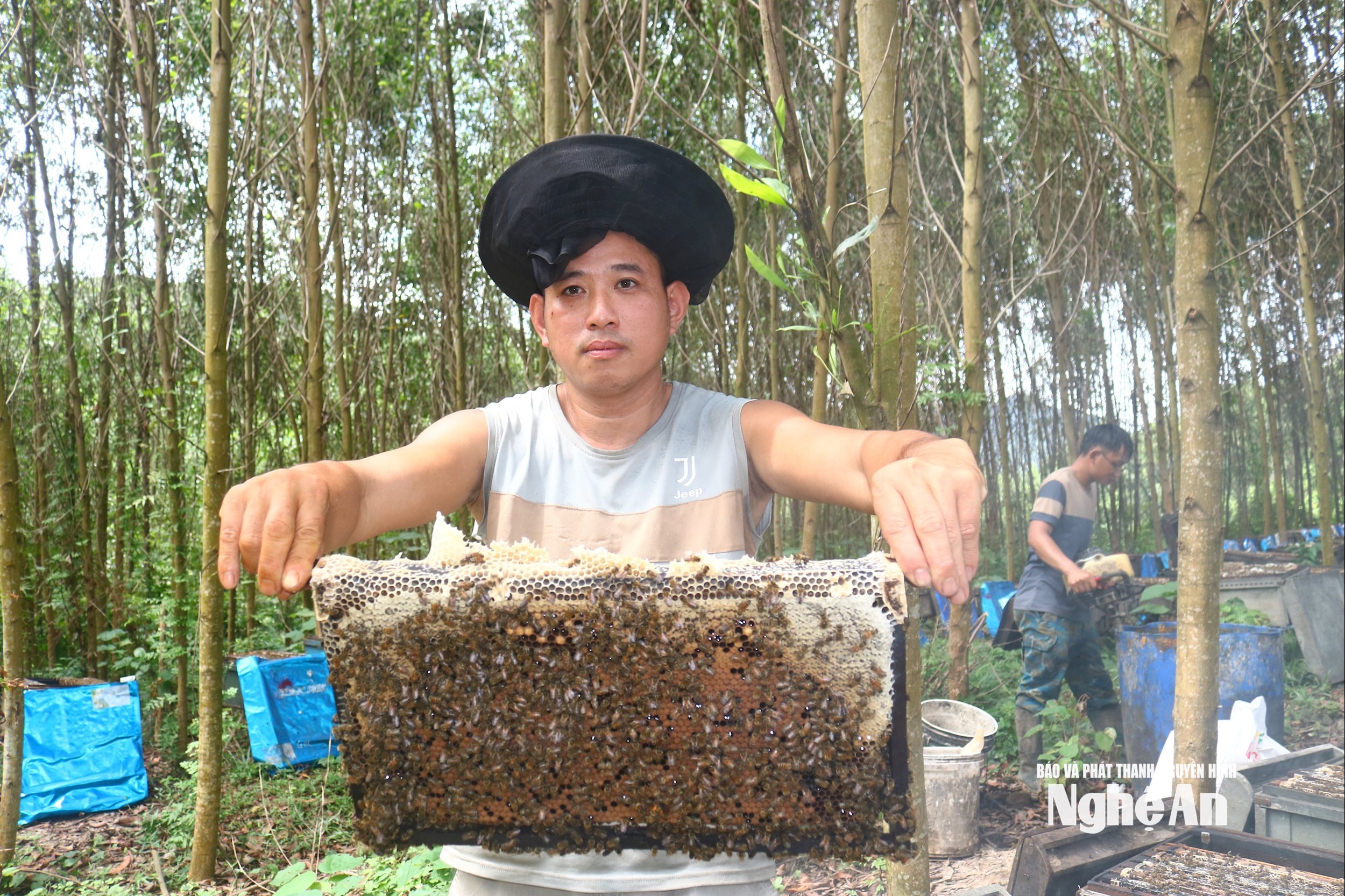
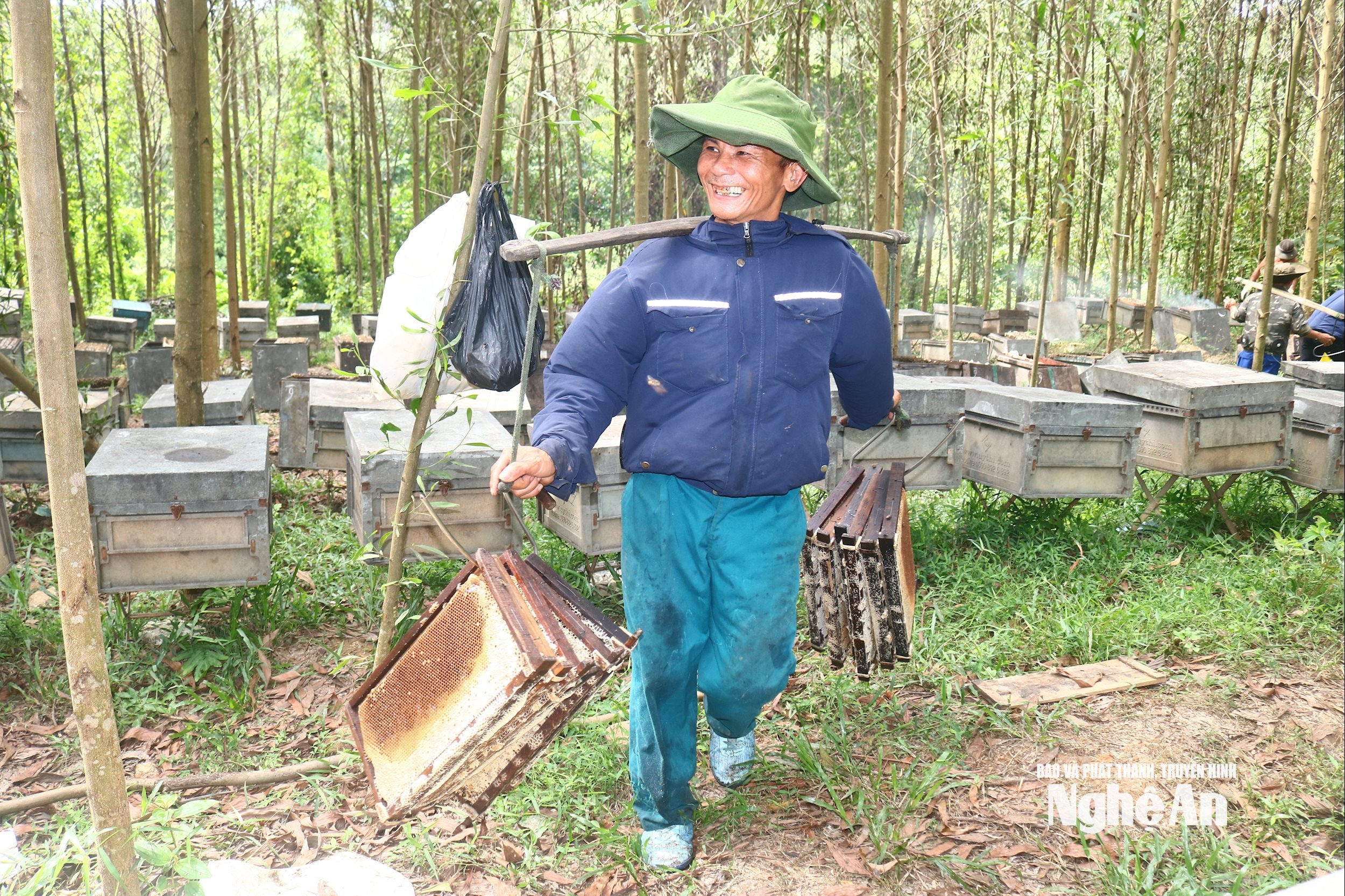
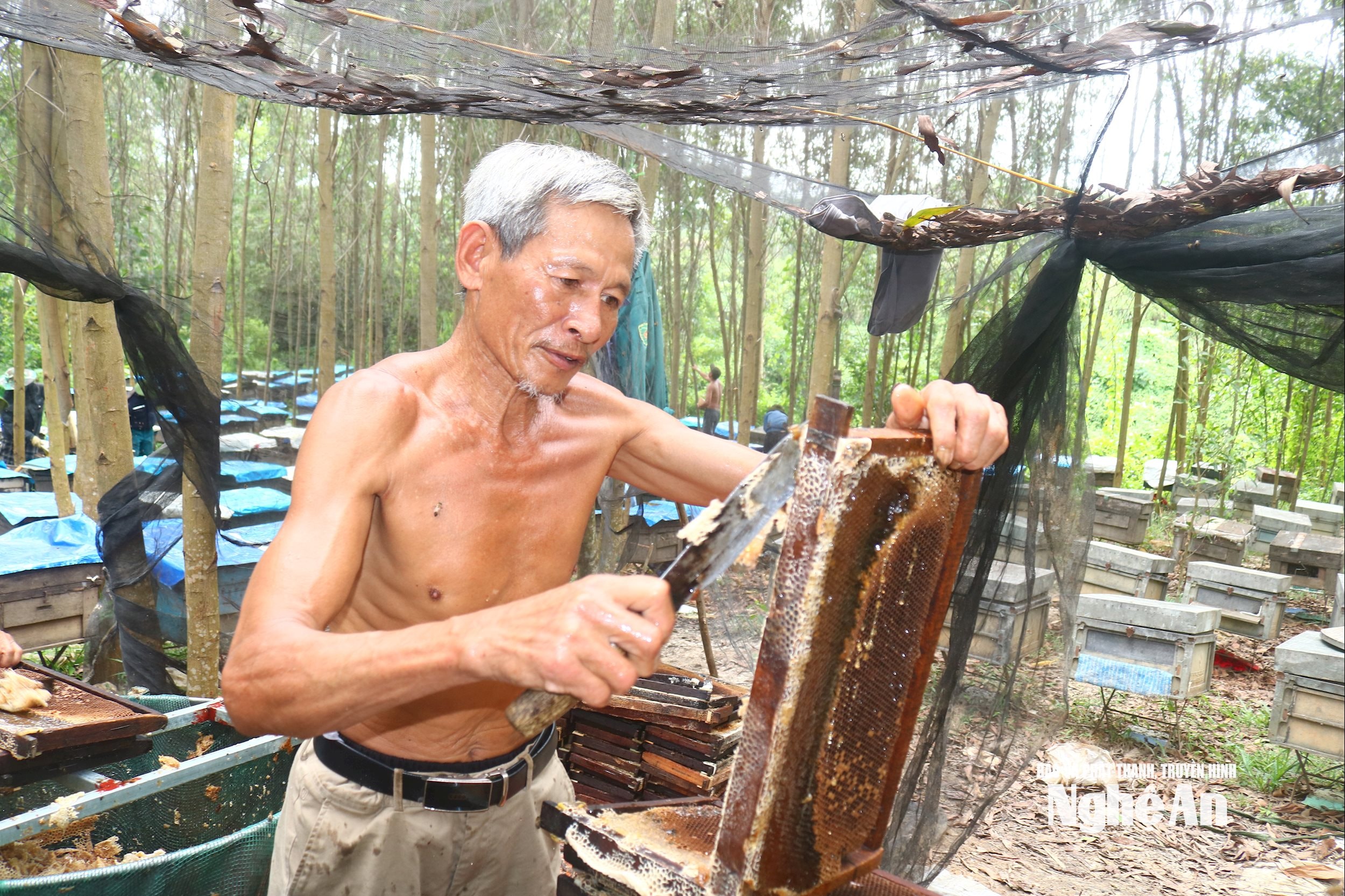
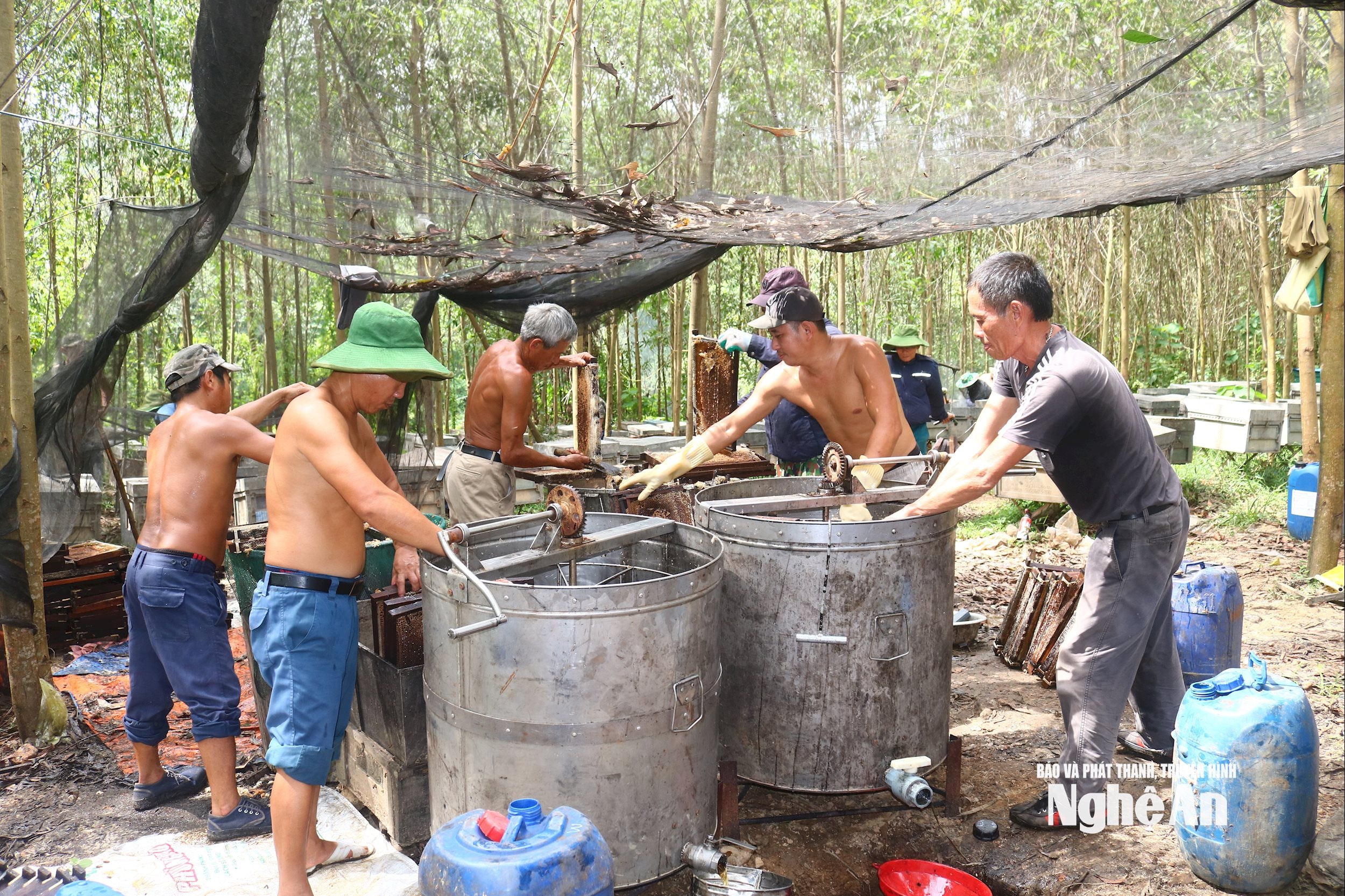
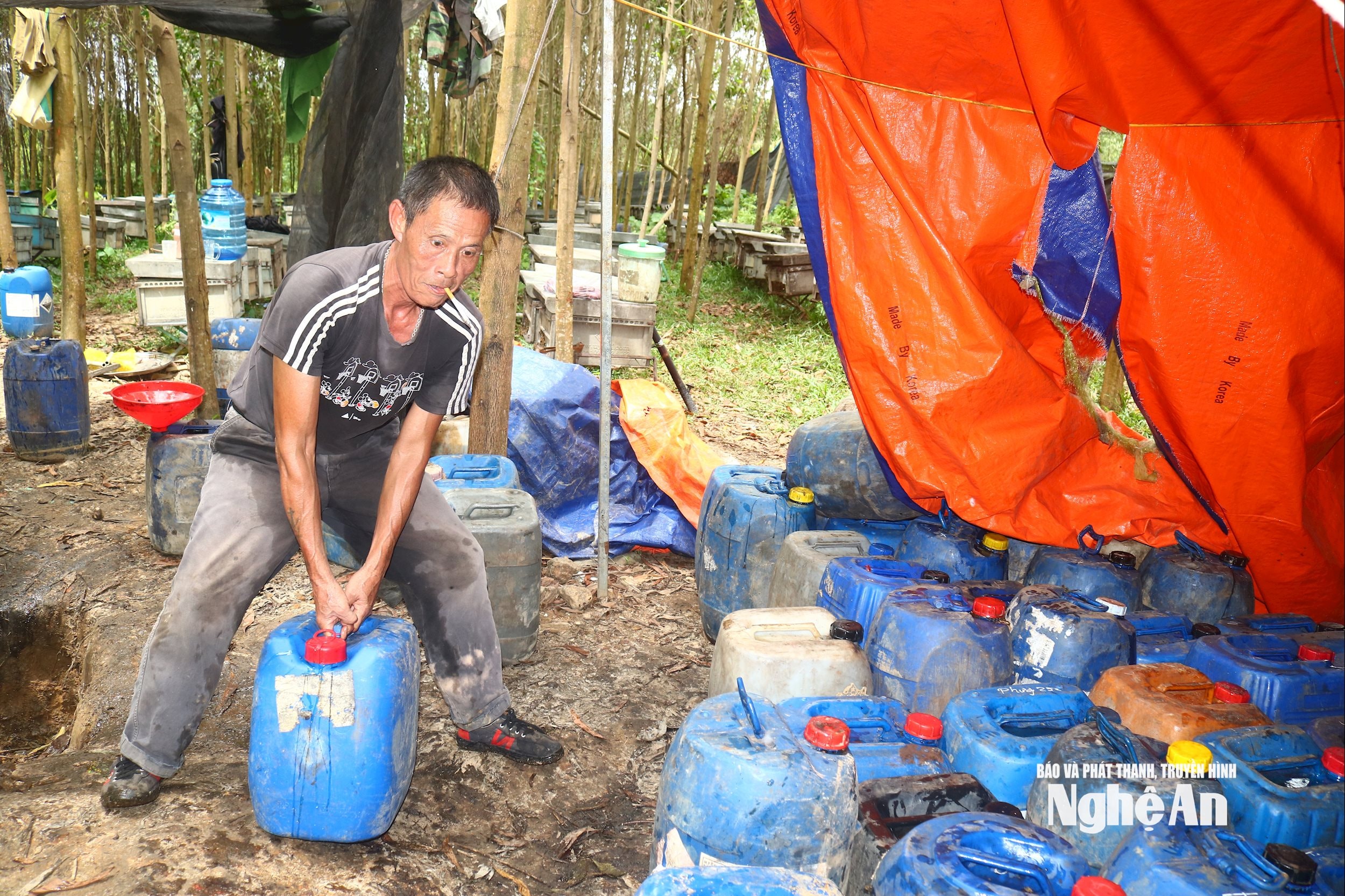
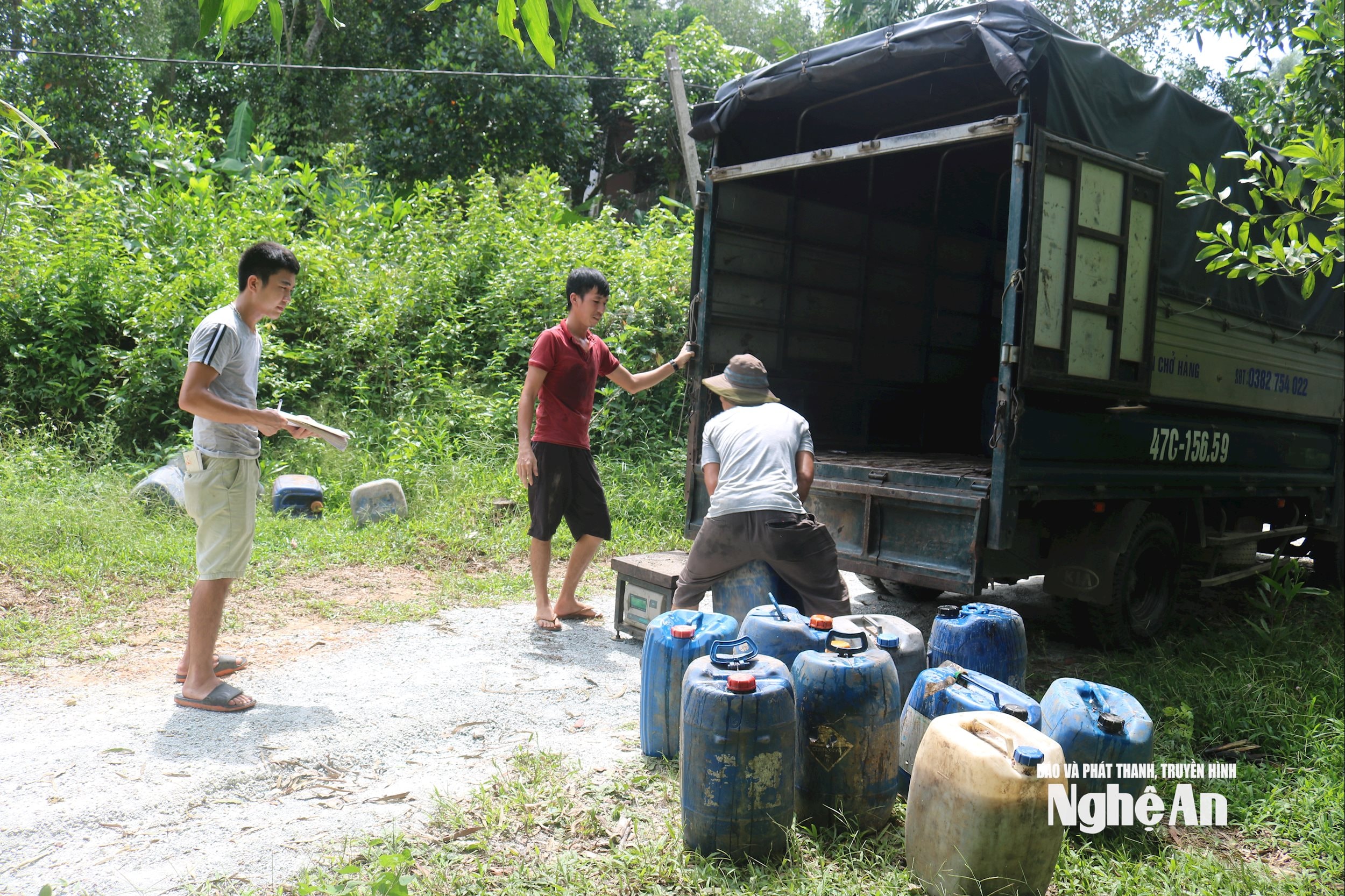
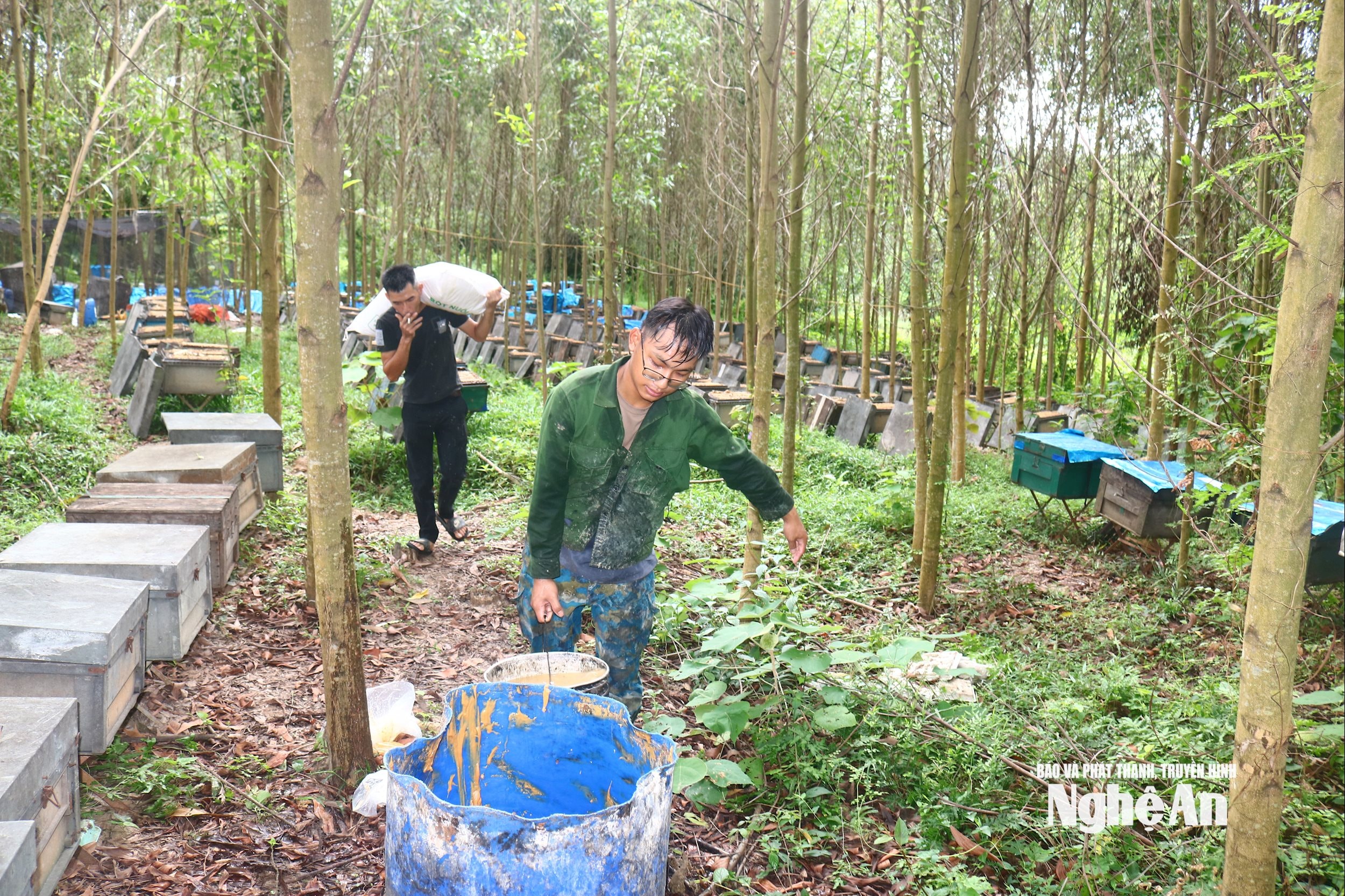
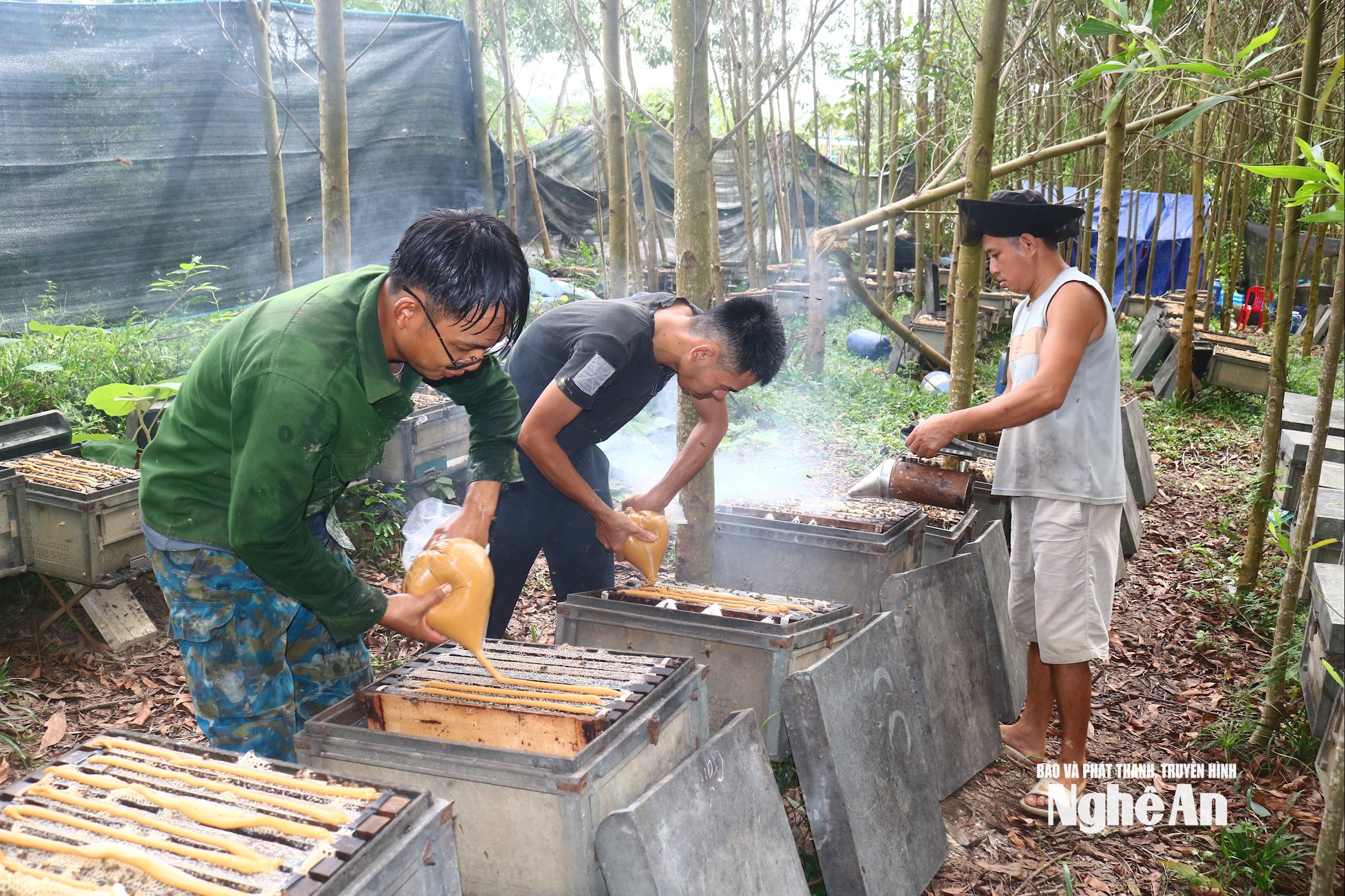
The prolonged fall in honey prices has caused many foreign bee farms in Nghe An to suffer. Honey is sold cheaply, while costs are high, causing beekeepers to lose more and more money. In difficult conditions, farms must find ways to survive by changing the scale of their farming to suit the domestic market. Farmers need to try other sales channels (such as through social networks, livestream sales...) to maintain and spread honey products.
Ms. Dinh Thi Hai - President of Nghe An Beekeeping Association
